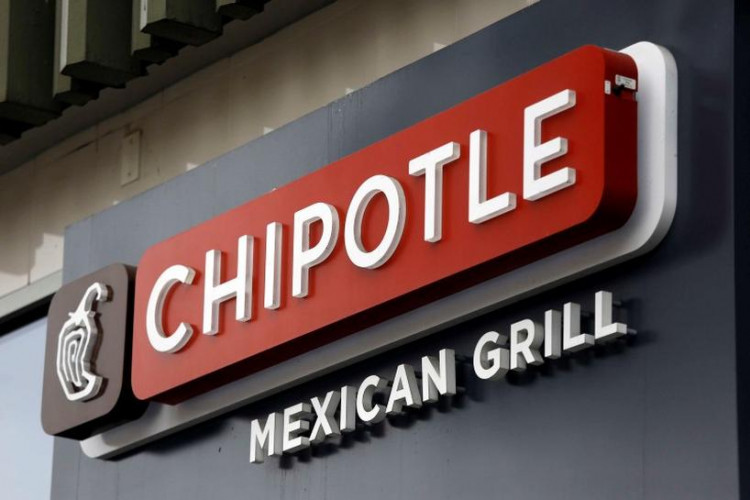Chipotle Mexican Grill has executed a monumental 50-for-1 stock split, a move that marks the first in the company's history and one of the largest ever on the New York Stock Exchange. This significant event aims to make Chipotle's high-priced shares more accessible to a broader range of investors, including its employees.
As of the market close on June 18, shareholders received 49 additional shares for each share held. When trading commenced on Wednesday, Chipotle shares were recalibrated from a lofty $3,283.04 per share to approximately $65 per share, reflecting the 50-for-1 split. The stock showed slight gains in midday trading, indicating a positive reception from the market.
Chief Financial Officer Jack Hartung expressed optimism about the split, stating, "This will make shares more accessible to our employees as well as a broader range of investors." The company aims to democratize its stock ownership, potentially attracting retail investors who were previously deterred by the high share price.
Before the split, Chipotle's stock was the third-highest priced in the S&P 500, trailing only NVR, Inc. and Booking Holdings. Despite the split, Chipotle's post-split stock price remains higher than its initial public offering price of $22 per share back in 2006. This strategic move is seen as a way to enhance liquidity and broaden the investor base.
Bernstein analyst Danilo Gargiulo noted that the new, lower price point allows "more access to retail investors" but also warned that it might introduce some level of volatility. "I don't think it's ever going to be a meme stock like GameStop, but I think it does expose a little bit to more fluctuations," Gargiulo added.
Analyst Andrew Charles from TD Cowen is bullish on Chipotle's prospects, citing the company's omnichannel approach and innovation in drive-through technology as key drivers for continued growth. Charles set a new price target of $72 per share post-split, highlighting the company's potential for mid-single-digit same-store sales growth annually over the medium term.
Chipotle's stock has performed exceptionally well, rising 43% year-to-date, outpacing the nearly 15% gain from the S&P 500. This performance contrasts with the struggles of other fast-food giants like McDonald's and Restaurant Brands, which have faced traffic challenges and reported declines in their stock prices.
The stock split also benefits Chipotle employees. Around 4,000 employees, including restaurant general managers and long-serving crew members, will receive a special one-time equity grant as part of the split. This grant will vest over three years, aligning employee interests with those of shareholders. Additionally, U.S. employees who have been with the company for at least a year can participate in the Employee Stock Purchase Plan, allowing them to buy shares at a discount using a portion of their compensation.
Chipotle is not alone in using stock splits to enhance shareholder value. Nvidia's 10-for-1 stock split earlier this month and Walmart's 3-for-1 split in February have both been well-received by investors. Historically, stock splits have been bullish for companies, with average returns one year post-split being significantly higher than the broader market, according to analysis from Bank of America.
Activist investor Elliott Management has taken note of these developments, renewing calls for a change in leadership at Southwest Airlines, citing the need for modernization in the company's strategic approach. Elliott's influence on Chipotle remains to be seen, but the firm's involvement typically signals a push for enhanced performance and shareholder value.





